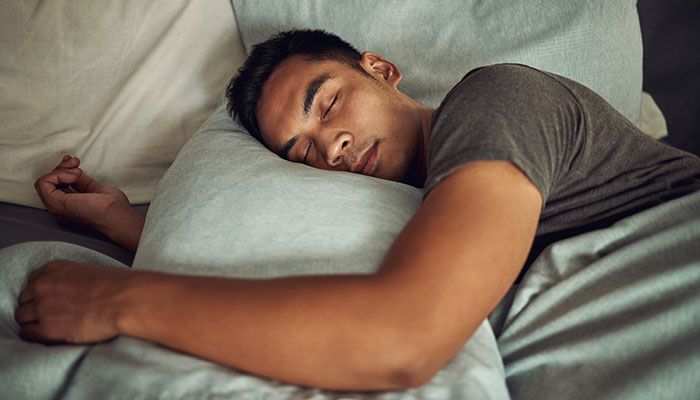
The Hidden Link Between Sleep and Eye Health
Most people associate sleep with energy, mood, and productivity, but fewer realize its direct impact on eye health. Getting enough rest is essential not only for clear vision but also for preventing long-term eye damage.
Sleep and Tear Production
Sleep plays an important role in maintaining the eyes’ natural lubrication. Without proper rest, your eyes may not produce enough tears, leading to dryness, irritation, and sensitivity to light. Chronic dry eyes are often linked to sleep deprivation.
Blurred Vision and Eye Strain
When you’re sleep-deprived, your eyes struggle to focus. Blurred vision, twitching eyelids, and difficulty keeping your eyes open are common signs. Over time, these symptoms may become more frequent and interfere with daily activities.
Long-Term Risks of Poor Sleep
Research suggests that people who consistently get less sleep may face higher risks of developing serious conditions like glaucoma. Sleep apnea, in particular, is strongly associated with optic nerve damage, which can lead to permanent vision loss if untreated.
How to Protect Your Eyes Through Better Sleep
Aim for 7–9 hours of quality sleep each night.
Avoid excessive screen time before bed to reduce digital eye strain.
Maintain a consistent sleep schedule to regulate your body’s natural rhythms.
If you have sleep apnea or other disorders, seek medical advice to protect your overall and eye health.
Conclusion
Your eyes need rest just as much as your body. By prioritizing sleep, you’re not only improving your daily vision but also protecting against long-term eye diseases.
References :
Ayaki, M., Torii, H., Tsubota, K., & Negishi, K. (2016). Decreased sleep quality in patients with dry eye disease. Scientific Reports, 6, 22480. https://doi.org/10.1038/srep22480
Mojon, D. S., Hess, C. W., Goldblum, D., Fleischhauer, J., Koerner, F., & Bassetti, C. (1999). High prevalence of glaucoma in patients with sleep apnea syndrome. Ophthalmology, 106(5), 1009–1012. https://doi.org/10.1016/S0161-6420(99)00501-8
National Sleep Foundation. (2021). How sleep affects eye health. Retrieved from https://www.sleepfoundation.org









